
Broschiertes Buch
From the Cold War to the Global War on Terror
30. September 2020
Routledge
| Gebundenes Buch | 198,99 € | |
| eBook, ePUB | 45,95 € | |
| eBook, PDF | 45,95 € |

Gebundenes Buch
From the Cold War to the Global War on Terror
21. Februar 2019
Routledge
Ähnliche Artikel
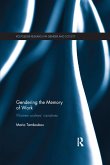
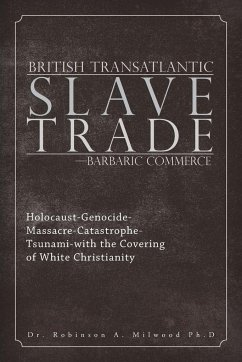
22,99 €
Versandfertig in 1-2 Wochen
Broschiertes Buch
Holocaust-Genocide-Massacre-Catastrophe-Tsunami-with the Covering of White Christianity
13. September 2017
AuthorHouse

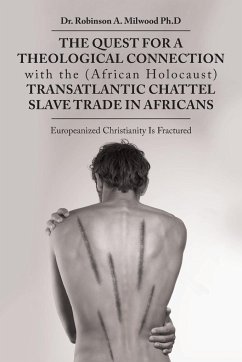
24,99 €
Versandfertig in 1-2 Wochen
Broschiertes Buch
Europeanized Christianity Is Fractured
13. September 2017
AuthorHouse
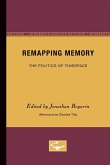
Broschiertes Buch
The Politics of TimeSpace
18. November 1994
University of Minnesota Press

23,99 €
Versandfertig in 1-2 Wochen

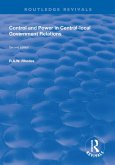
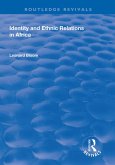
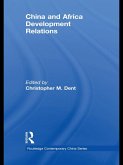
Ähnlichkeitssuche: Fact®Finder von OMIKRON
